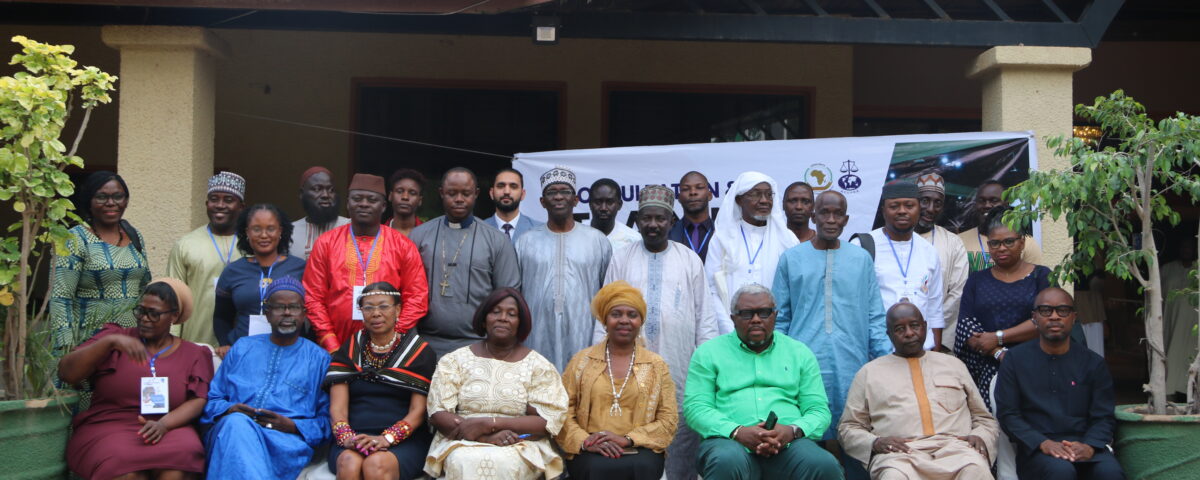The three-day consultation and training session for religious and traditional leaders in Africa concluded successfully, marked by vibrant discussions and a shared commitment to advocating for human rights at the community level. The event, organized by the African Centre for Democracy and Human Rights Studies (ACDHRS), brought together diverse leaders who expressed enthusiasm for the training and its implications.
Mrs. Hannah Foster, a key facilitator and the Executive Director of ACDHRS, noted the rapid pace of the event and commended attendees for their active participation, indicating their readiness to implement what they learned in their communities. Mr. Sadikh Nyass, representing the ACDHRS Governing Council, echoed this sentiment, emphasizing the crucial role of religious leaders in promoting peace and human rights. He stated, “Without peace, religious obligations cannot be fulfilled,” urging leaders to collaborate with civil society organizations in their advocacy efforts.
Prof Mohammed Mabassa Fall, Vice Chair of the ACDHRS, highlighted the importance of leveraging African systems to address human rights issues and urged leaders to engage in national and continental litigation using the African Charter. He emphasized the need for religious leaders to use their platforms for advocacy and to hold states accountable for their human rights obligations.
Dabesaki Mac-Ikemenjima from the Ford Foundation raised concerns about ongoing gender-based violence in Africa, particularly female genital mutilation, calling on leaders to protect human dignity and enact community change. He encouraged utilizing successful advocacy strategies, similar to those employed for girls’ education, to combat such practices.
Jeagan Grey-Johnson from Open Society underscored the vital role of leaders in ensuring respect for human rights and maintaining peace in their communities. He called on participants to continue advocating for justice and equality.
In a heartfelt vote of thanks, Madam Mensa acknowledged the interactive nature of the sessions and expressed gratitude to the facilitators for their efforts.
The ceremony concluded with Hon. Remy Ngoy Lumba, encouraging attendees to share their newfound knowledge with others and educate their congregations about harmful cultural practices. Certificates of participation were presented to all attendees, including facilitators and representatives from the African Commission.
This event marks a significant step forward in uniting religious and traditional leaders in the fight for human rights and social justice across Africa.


